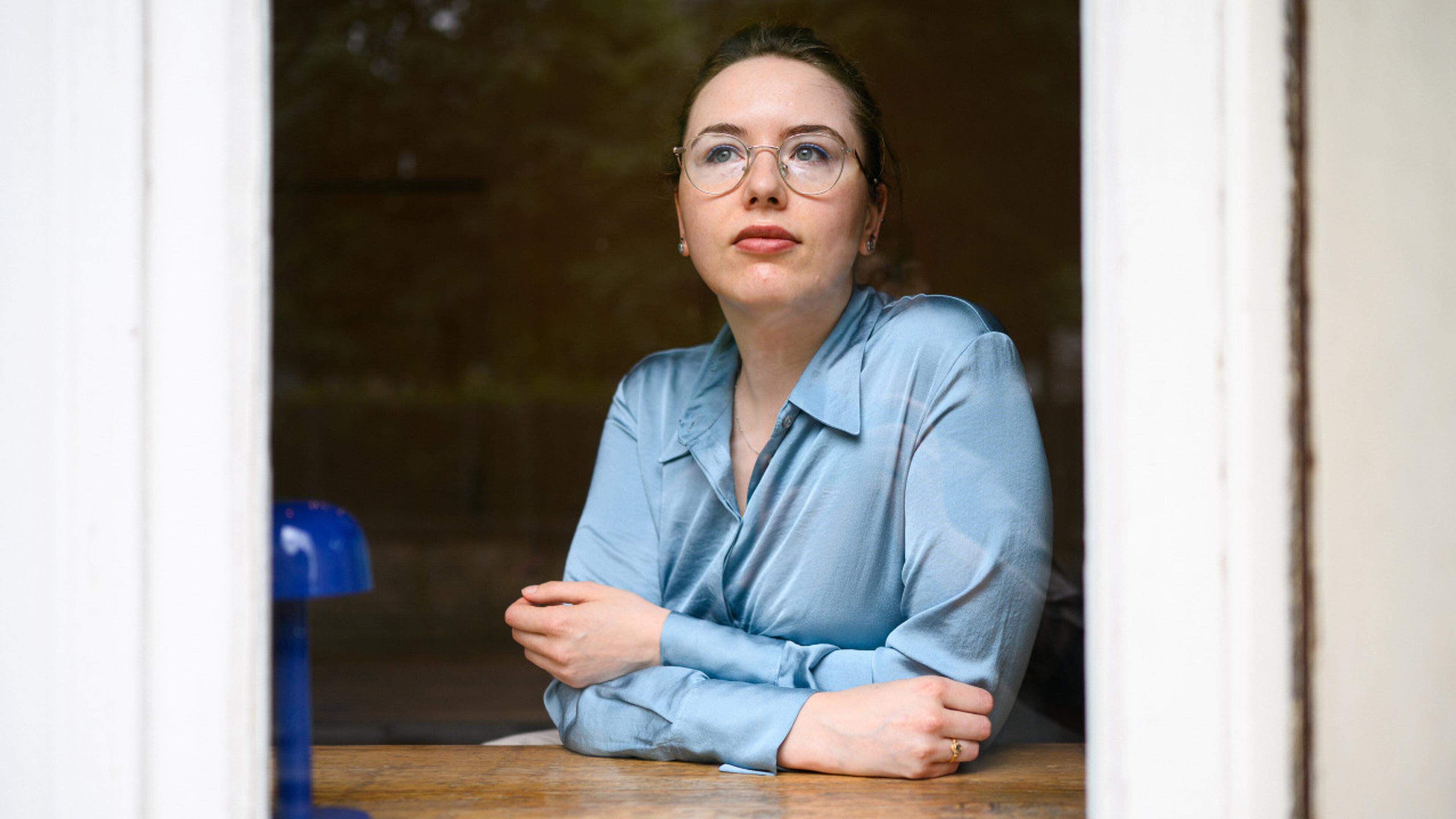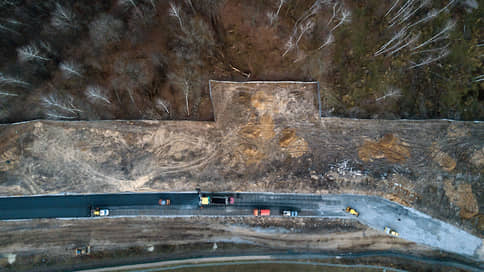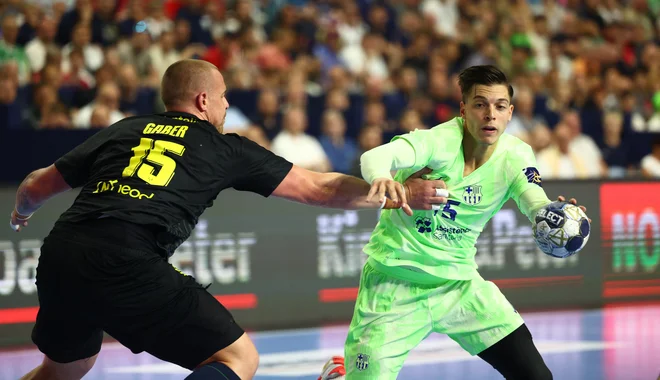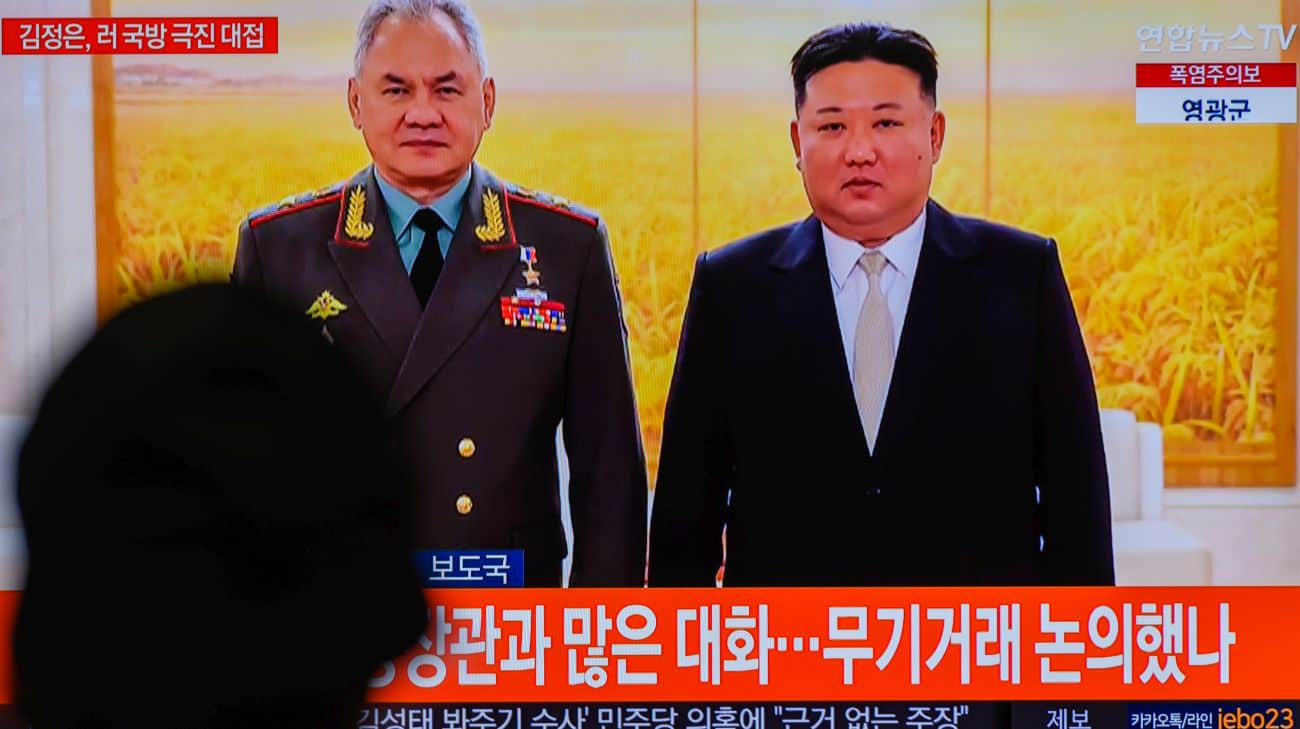The life of Galileo: Oliver Vorwerk’s timeless brecht production in Liechtenstein and Luxembourg
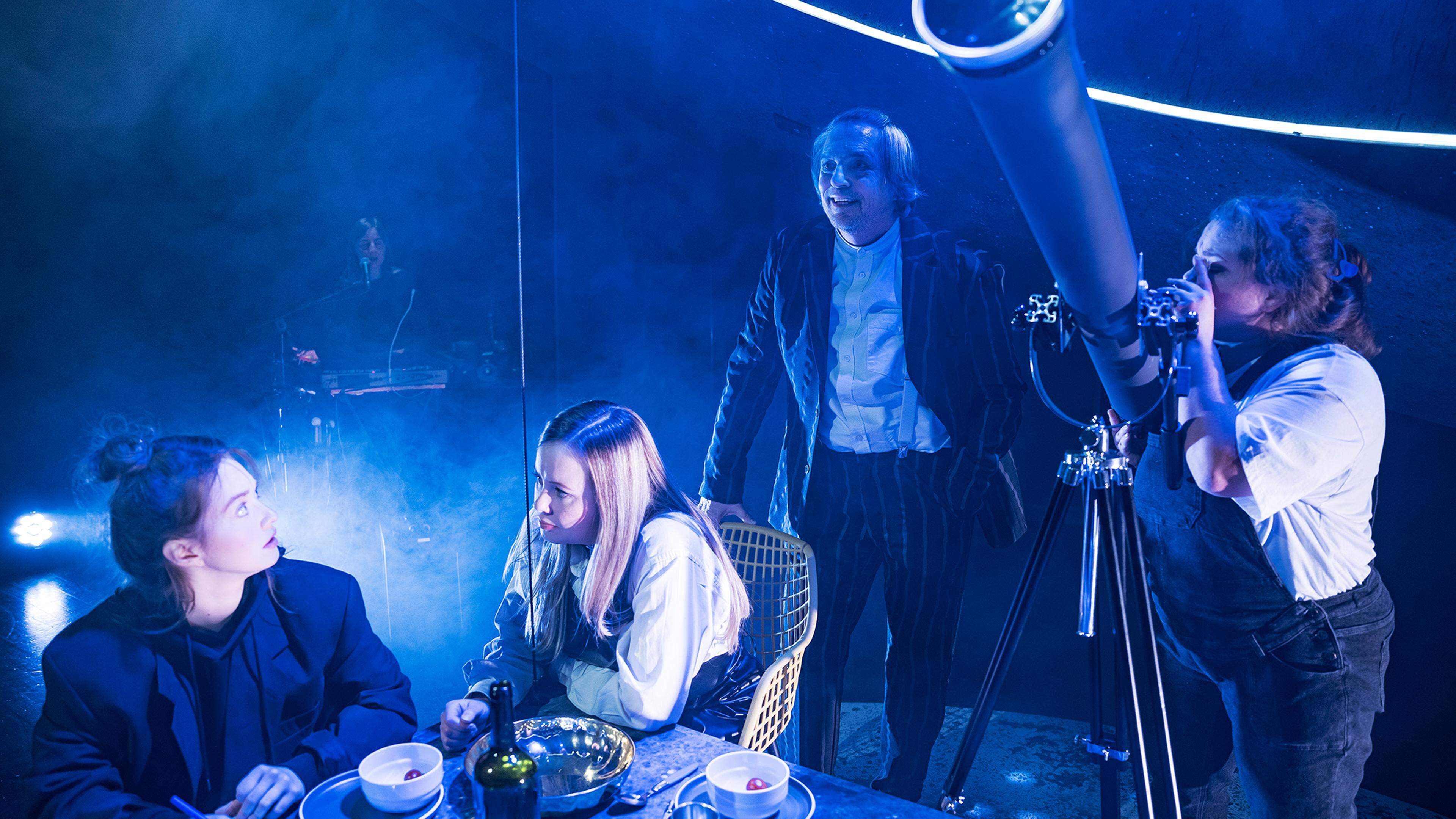
Oliver Vorwerk staging Bertolt Brecht’s “The Life of the Galileo” on Théâtre National du Luxembourg – a co -production with the Tak Liechtenstein – impressed with timeless relevance and emotional depth. Although the action is located in the 16th century, the fabric on stage appears amazingly present: doubts, truth search and the struggle against social resistance are topics that appear more current than ever.
As a person you meet Galileo on stage – somewhere between cowardice and reason.
Vorwerk does without clumsy updates and lets the parallels to the presence elegantly resonate: Galilei’s inner conflict is reminiscent of today’s struggles about science and truth, the plague inevitably of covid pandemic. The staging invites you to think about our relationship to knowledge, fear and power – subtle but effective.
Sound rooms that promote tension and thoughtfulness
The ensemble convinces with an honest, unaffected way of playing that makes the tragedy of the manipulated presence noticeable. The betrayal of the truth, once at the stake, today in the form of defamation, is presented terrifyingly. At that time it was called heretical shop, today you make the person, whose opinion is not in demand, invisible: « Cancel Culture ». The difference is actually only in the hashtag, which was not yet available during Galileo times. But that a society prefers to doubt the bearer of the message than the message itself, that has remained.
Stefan Gebelhoff (center) as Galileo and surrounded by the actresses (from left to right) Rosalie Maes, Antonia Jungwirth, Georg Melich and Alisa Kunina. Photo: TAK/TNL
Bertolt Brecht did not show Galileo as a scoop and certainly not as a hero, but as a person – perhaps the most honest representation of science that has ever made it onto the stage. And even as a person, actor Stefan Gebelhoff meets his Galileo on stage – somewhere between cowardice and reason. The other roles in the area of the scientist are played by Antonia Jungwirth, Alisa Kunina, Georg Melich and Luxembourgian Rosalie Maes.
The church appears in bright red pumps
Meanwhile, the music comes from Karin Opselt and becomes a quiet but strong narrative element in the play: played live, used poetically and composed cleverly, she creates dense sound spaces that promote tension and thoughtfulness alike. Particularly impressive: the clever reduction to essential moments of the compositions of Brecht’s companions Hanns Eisler Music, but also from Stings « King of Pain ».
In a world of doubt, this staging gives a quiet glimmer of hope in the end: don’t let us despair.
The stage design sets powerful accents: an oversized astrolabium hovers over the scene, sometimes threatening, sometimes sublime – a constant symbol of the area of tension between human fainting and cosmic truth. The costumes contrast in sober gray and cardinal red; The church appears in bright red pumps, the cross is drawn onto the skin with adhesive tape – impressive images that have a long time.
Important study: How much culture is in Luxembourg’s youth?
According to Hiroshima and Nagasaki, Brecht updated the question of the usability of knowledge. Today, in the age of artificial intelligence and the « alternative facts », « Galilei » gets a new urgency: Who will definitely be truth in the future? Vorwerk succeeds in making this explosiveness noticeable without exhibiting it flat. In a world of doubt, his staging gives a quiet glimmer of hope in the end: don’t let us despair.
Further performances in the Théâtre National du Luxembourg this Sunday at 5 p.m., on Monday at 10 a.m. (school performance), on Tuesday and Wednesday at 7.30 p.m.
Wat Leeft Dëse Weekend?
Every Thursday recommendations for the best cultural, catering and leisure activities in Luxembourg.
You can unsubscribe at any time if you want that. You can find more information in our Data protection guideline.


